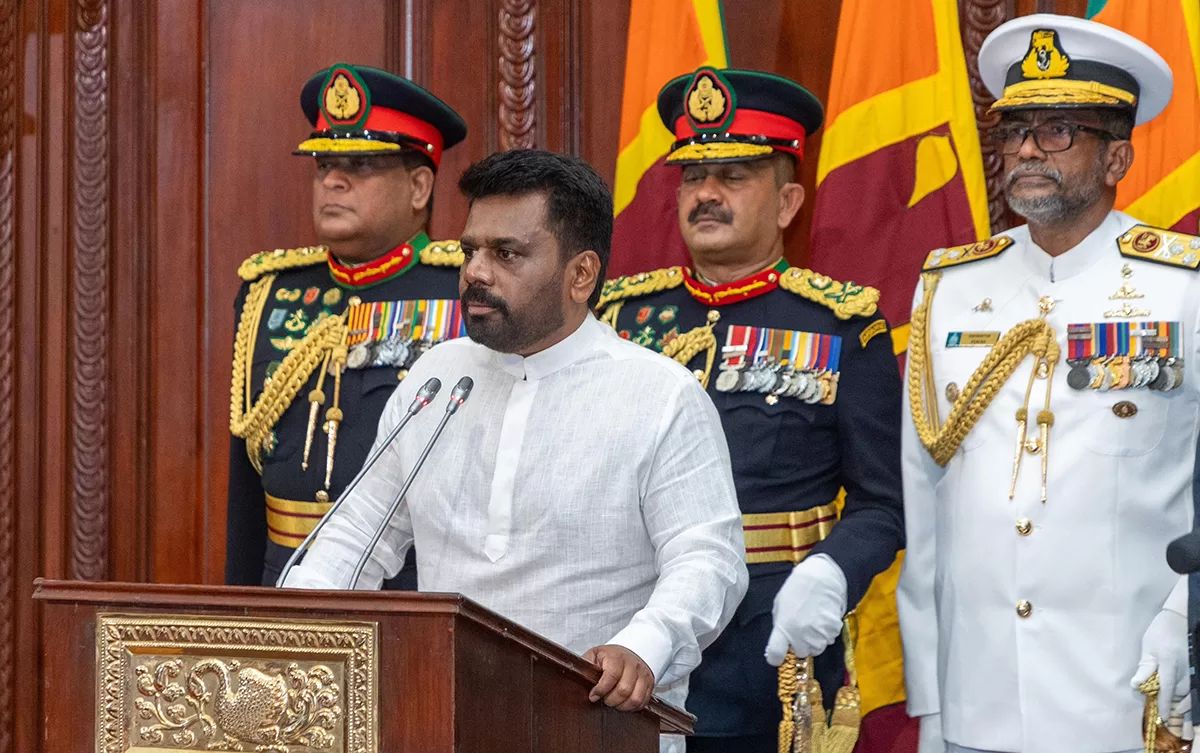In a massive political upset, a neo-Marxist political outsider won September’s presidential election in Sri Lanka. The victory of Anura Kumara—widely known by his initials, AKD—and his People’s Liberation Front (JVP) represents a complete defeat for the country’s traditional elite. It also casts a long shadow of uncertainty over a country emerging from its most crippling economic crisis since independence.
AKD’s campaign promised to fight corruption, reduce poverty and boost economic growth. He also pledged to make the $2.9 billion International Monetary Fund bailout that propped the economy back up last year “more palatable.” But the National People’s Power alliance, led by the JVP, has never been in government and holds just three seats in the 225-member Parliament. Not surprisingly, soon after its victory, AKD called a snap parliamentary election for mid-November.
Building a coalition will be crucial for the new president, who defeated opposition leader Sajith Premadasa—the son of a former president—and incumbent Ranil Wickremesinghe, who had previously been prime minister six times. Just two years ago, the country’s then-president, Gotobaya Rajapaksa—whose brother Mahinda had previously served as president for a decade—fled the country into exile. The Rajapaksa family, which had dominated Sri Lankan politics for two decades, oversaw the slow-motion collapse of the economy in a maelstrom of high commodity prices and the impact of the Covid-19 pandemic, resulting in a debt default, widespread shortages of fuel, food and medicine, soaring inflation, and mass protests.
Wickremesinghe stepped into the void left by the Rajapaksas. He calmed the chaotic economy, but tax hikes and spending cuts—required under the 2023 IMF bailout—were widely unpopular and widely seen as disproportionately hurting the poor. AKD, who cites Karl Marx, Che Guevara and Fidel Castro as his intellectual heroes, will need to walk a fine line: finding wiggle room with the IMF to alleviate pressure on Sri Lanka’s poor without upending a connected effort to restructure $12.5 billion of defaulted bonds. At the same time, he must reassure investors that his roots with the JVP won’t take front seat as he tries to navigate the island nation’s continued economic recovery.
